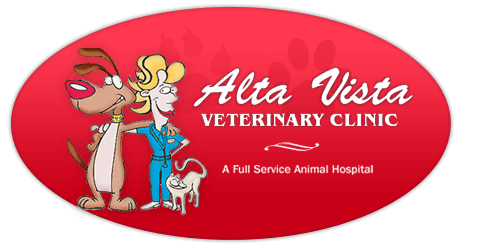Doggy Dental Issues: Important Basics You Need to Know
Admin • November 17, 2017
If you're the typical pet owner, you want your canine companion to be healthy, to be happy, and to remain a part of your life for many years to come. Like some who share their lives and homes with furry friends, however, you may not be aware of the significant role that good dental health plays in the life of the average dog.
Here's what you need to know about caring for your canine's canines as well as other doggy dental tips.
Most Dogs Have Serious Dental Issues
The majority of dogs, 80%, in fact have serious dental health issues
that usually go undiscovered until a routine visit to the veterinarian's office for vaccinations or other health care services. Common issues found by veterinarians that most owners aren't even aware of include:
- Rotting tooth sockets
- Inflamed and infected gums
- Loose teeth
One of the first signs that your canine might be experiencing problems with its teeth or gums is noticeable bad breath. Many pet owners erroneously believe that bad breath just comes with the territory when they elect to share their lives with furry friends. However, bad breath is a sign of problems, and catching tooth and gum diseases early helps circumvent the probability that minor issues will evolve into serious conditions if left untreated.
Other signs that your pet may be experiencing dental distress include the following:
- Your dog is noticeably head-shy
- Bleeding gums — always be alert for blood in drinking water and on chew toys
- Discoloration of teeth and/or gums
- Yelping or other expressions of pain when they yawn, eat, or drink
- Abscesses or lumps inside the mouth
- Unusual night wakings
- Apparent loss of appetite — it could be that your dog is hungry but simply finds it painful to eat
- Unexplained facial swelling
These signs are generally indicative of conditions that have progressed to a more serious stage. However, your veterinarian may be able to halt their progress with proper treatment procedures. Keep in mind that the sooner you bring these conditions to the attention of your pet's veterinarian, the better the prognosis is likely to be.
Common Dental Disorders in Dogs
Dental issues in dogs tend to mirror those found in humans and other mammals. Common conditions are as follows:
- Periodontal disease — a classic symptom of this condition is red, bleeding gums
- Gingivitis — inflamed gums may be the main sign that your furry friend suffers from gingivitis
- Pyorrhea — an inflammation of the area around the tooth sockets that is usually accompanied by pus and loosened teeth
Dogs can also get cavities in their teeth, although this is relatively rare. Some dogs have misaligned teeth, which may not be a problem unless it interferes with your canine companion's ability to properly eat its food. If this is the case, your veterinarian can recommend a specialist in animal orthodontia to right your pet's bite.
Keep in mind that loose teeth occur in puppies for the same reason they occur in humans -- because their baby teeth are falling out. Most dogs have their full set of permanent teeth by the time they are eight months old.
How You Can Help Promote Your Pup's Oral Health
You can do your part to keep your dog's teeth and gums in optimal health by regularly cleaning them at home with doggy dental tooth wipes or toothbrushes and cleaning products made especially for dogs, giving them treats designed to help clean the insides of their mouths, and by scheduling routine professional teeth cleaning at the hands of a skilled professional.
Please feel free to contact the experienced staff
at Alta Vista Veterinary Clinic for more information on how to promote good oral health in your furry friend.









